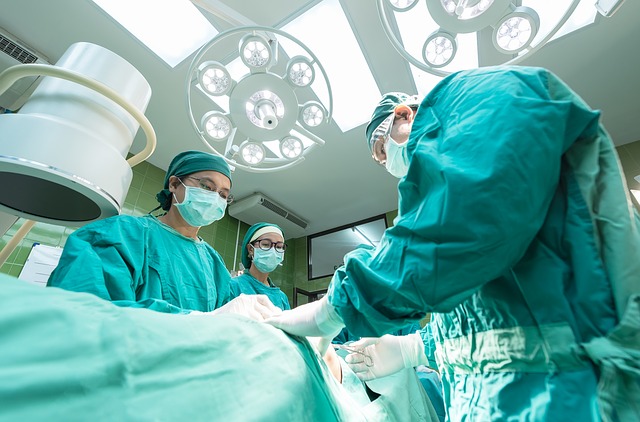If you have been struggling with weight all your life and became morbidly obese, or your body mass index (BMI) is over 35, then you have reached a state when you have to make a serious change. A gastric sleeve surgery, or sleeve gastrectomy, is a procedure which allows you to significantly cut down on food intake by reducing the size of your stomach. Here is the essential information needed for you to know prior to undertaking this surgery.
Gastric sleeve surgery
People suffering from obesity are under multiple health threats, from heart disease, diabetes, stroke, and even cancer. A gastric sleeve surgery is a safe process where a qualified and experienced surgeon removes and reduces the size of your stomach by two thirds, meaning that your stomach will be reduced approximately by 75 percent. It is a clear procedure where a surgeon makes a small incision in your abdomen and passes the laparoscope, to see inside your stomach, inside and removes the large scope of your stomach with this instrument. Afterwards you are left with new stomach size that will limit the amount of food you can eat.
Surgery precedence
Before undergoing the gastric sleeve operation, you will need to go through some essential health tests to determine your well-being and general health state. Next, to physical exams and blood test, you will need to consult a nutritionist in order to implement certain dietary changes. If you an active smoker, you would need to quit or drastically cut down on smoking. Also, if you have been using some medicines, such as ibuprofen or aspirin, you might need to stop taking them. All in all, each patient will be evaluated in detail prior to the surgery to determine their suitability.
The advantages
A sleeve gastrectomy is the best option for any patient who wants to lose weight by reducing the food intake but still having the opportunity to eat various quality foods without having any foreign body interfering its absorption. Unlike any other weight loss procedures, that many Australians have undergone, like stomach binding or gastric bypass, this operation is not reversible and you don’t have to worry about alteration or the disconnection of your intestines. Experts performing gastric sleeves advise getting advice on nutrition to achieve faster and better results with weight loss in the long run. Since it is a permanent procedure, it is important to note that weight will come off more slowly than with other procedures and you need to have a proper eating plan and exercise accordingly.
The benefits of the procedure
Not only will you lose weight, but you will start leading a healthy and normal life. You will be able to actively move around and carry out daily activities more easily. What is more, you will feel full sooner and you won’t be able to eat large portions. Moreover, the gastric sleeve procedure doesn’t affect the absorption of food, so you will be taking in the necessary nutrients. By taking in proper foods, eating good proteins, fruits, and vegetables, you will ensure quality weight loss. To top it all up, after a gastric sleeve surgery you can significantly improve your medical state. If you happen to have problems with type 2 diabetes, high blood pressure, asthma or high cholesterol, any of those conditions will improve, therefore, you will lead a much happier life.
The risks of the surgery
The general risk of gastric sleeve surgery is low. If you listen and follow the advice of your nutritionist and surgeon, the recovery time is fast and secure. After the surgery, you should feel little pain which is normal for any procedure. However, there could be minor complications such as vomiting, gastritis, or heartburn, but if you report the symptoms on time, everything will be resolved promptly.
Procedure recovery
Only a small incision is made so you will not have big issues with scarring, but still, you have to rest for a few weeks. After the surgery, you will stay in the hospital where you will be monitored and placed under a restricted diet. Later, you should avoid saturated fats and sugary products, and take vitamins like iron, multivitamins and vitamin B12 so that your body can obtain the nutrients it needs.
Deciding to undergo this surgery can significantly improve your health and general lifestyle, so ask your GP if it could help you.


